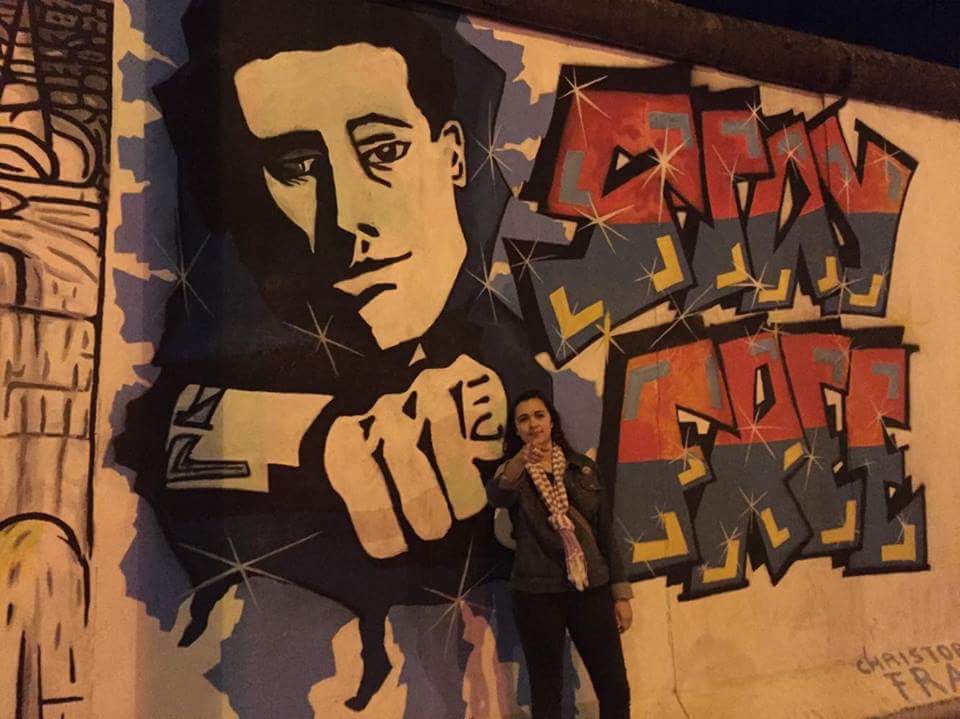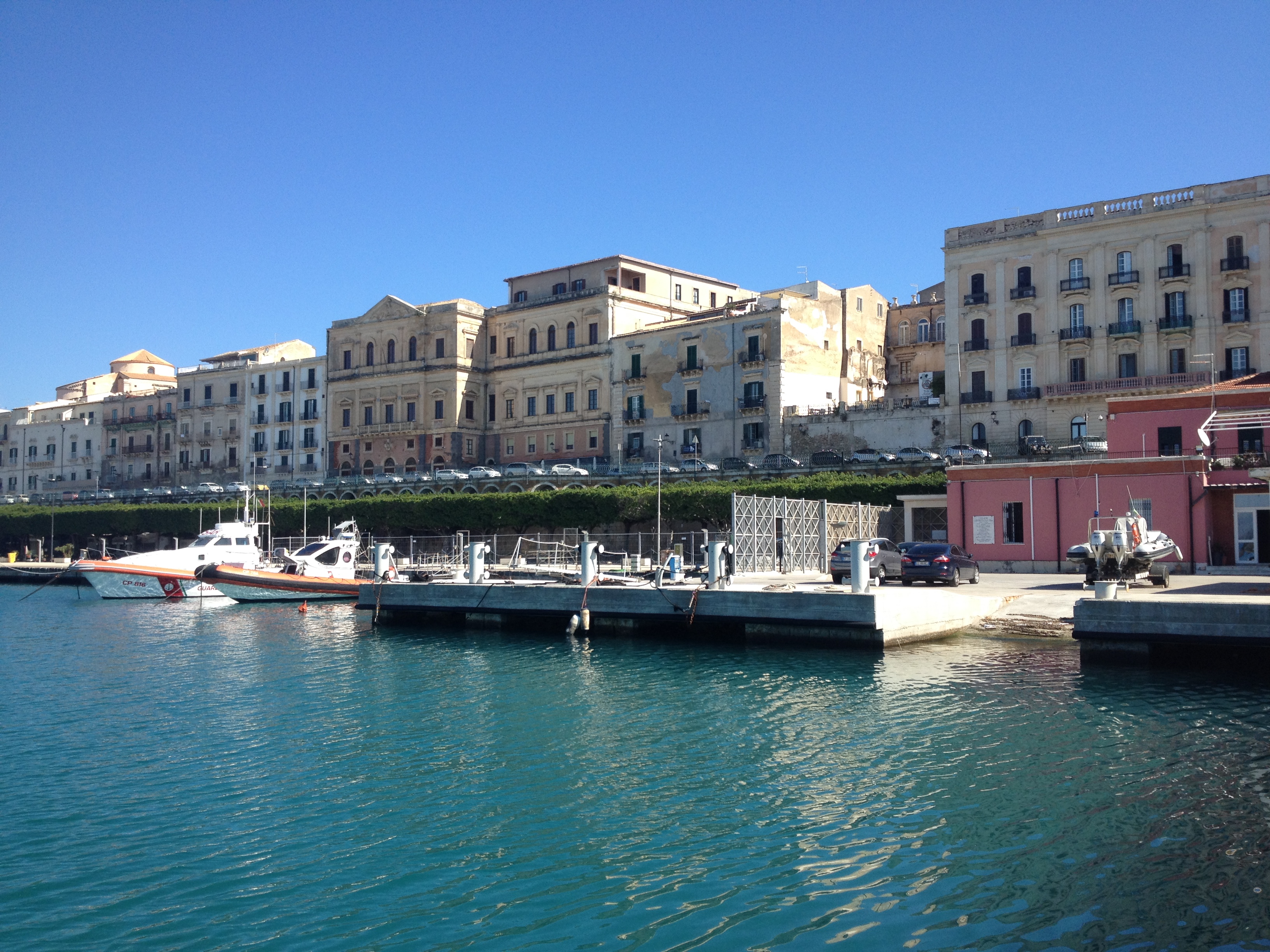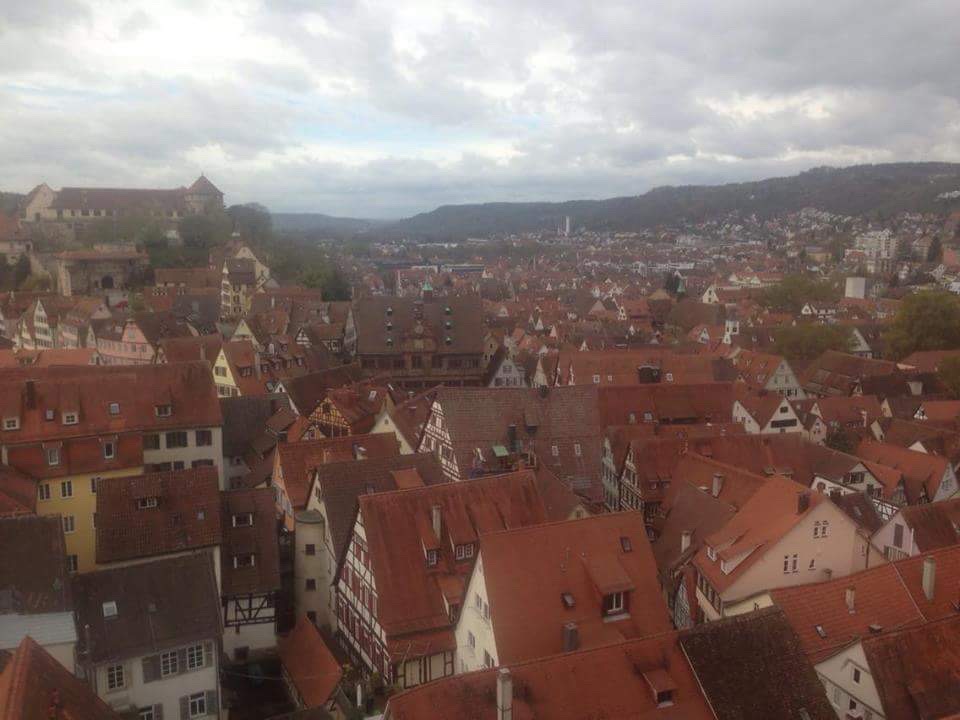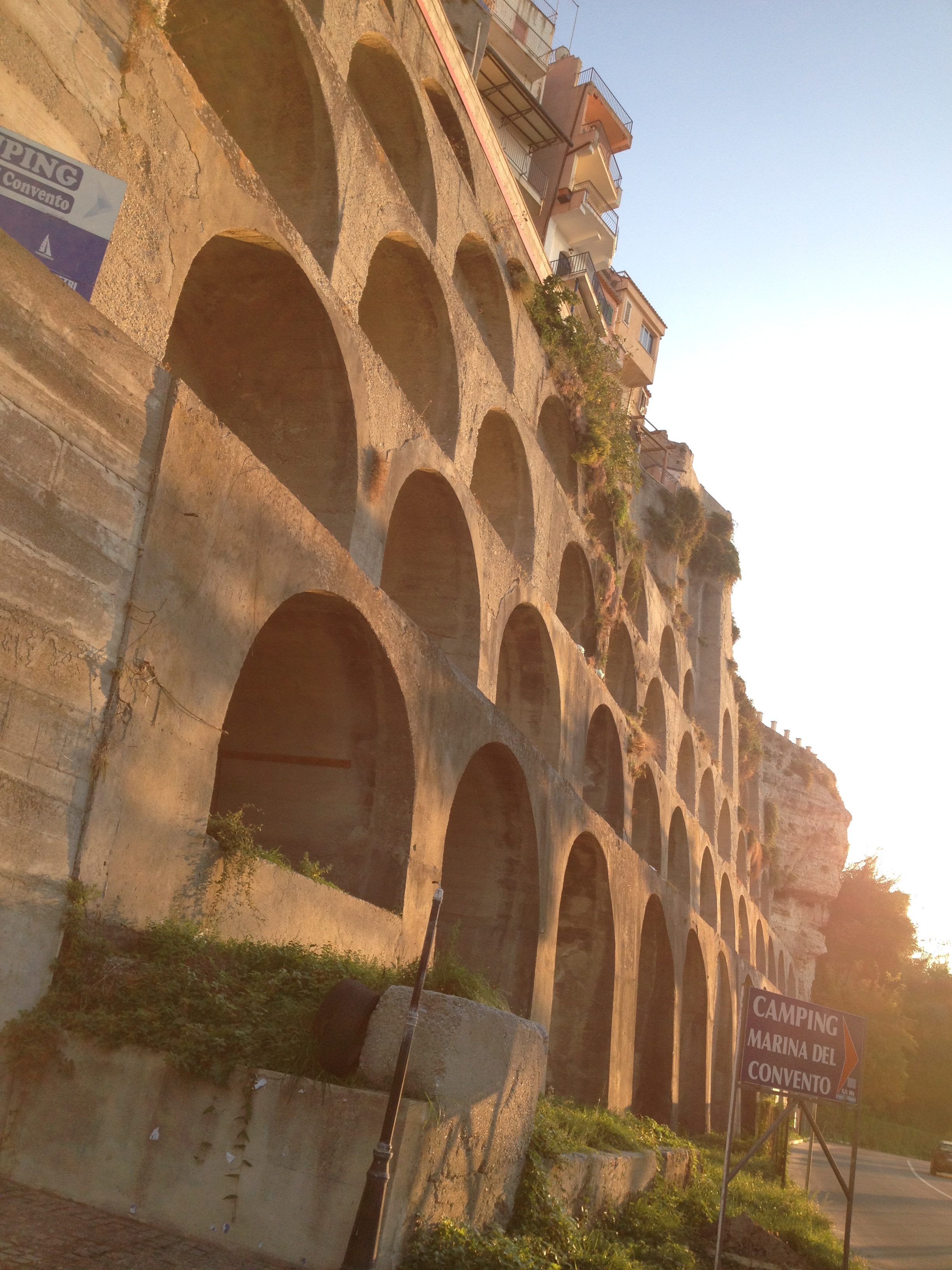Author: Rachel Silcox
Location: Utrecht, Netherlands
One of the reasons I wanted to study abroad was traveling. I wanted to go lots of places and to see the world! But as I travel more, I keep finding the dynamic between the traveler and the host to be more and more interesting, so let me try to show you what I have learned through a metaphor.
Over the summer, one of my professors taught me that it is impossible to measure a system without inherently changing it. If you want to measure the temperature of a liquid, you stick a thermometer in and read the temperature. But actually, by inserting the thermometer in the liquid, some of the heat that was in the water has transferred to the thermometer. That heat was taken out of the system and that has permanently changed it. Now, one thermometer reading will not significantly change the temperature of a normal sized system. But imagine we have an insulated cup of boiling water. If we leave the system by itself, it will continue to stay piping hot for a very long time. But if we jam it full of thermometers, each which take a small amount of heat. We have now dramatically changed the system we are measuring. We may think at first that it is good to have so many measurement readings, but in the very processes of measuring so many times, we have eroded the heat that was there originally.
I think traveling and tourism can be exactly like this. We are like a thermometer. We want to experience a place and the people by dipping ourselves into the environment momentarily, enjoying what a place has to offer, and allowing it to change us, in whatever small way. The thermometer takes some heat from the system, in the same way that we take back home some of the experiences of that place. But this is not a one way exchange from a system with endless amounts of heat. Eventually, the thermometers take all the heat that they were trying to measure. When we take a small part back with us, we take it away from the place we visited. Tourists and travelers can slowly chip away at a places’ culture and traditions until it is so eroded that only a flimsy caricaturized stereotype is left standing. Hundreds of vendors sell the same three things that a place is supposedly known for. The depth of culture and tradition that stood behind a traveler’s experience from long ago is no longer there, it was eaten away by those who wanted to take a bit away with them. The heat that once made that system special is gone.
Recognizing this, it is easy to see why people may not want to be especially hospitable or caring to us as travelers. It is easier to see that as travelers and hosts we are in a unique position, each vulnerable to each other. In realizing this vulnerability, it is important for us to travel with a new mindset, one of preservation and understanding. We should seek to be in the culture, instead of around it.
In my recent travels to Italy and Germany, I have tried to be in the culture instead of around it and typically I enjoyed myself all the more. In Germany, I enjoyed eating some traditional lentils and spaetzle from a delicious authentic restaurant. I walked down the bustling cobblestone streets listening to the German equivalent of a hipster singing and playing the guitar. As soon as he finished, some German middle school girls start cheering and screaming and of course then some German adults walked by and rolled their eyes. I went to the Deustche Oper to see the opera Aida. I loved how when I got up to let an old German woman move past me to her seat she patted my hand like a grandma and said, “Danke schӧen.” I think these experiences of being part of the culture give depth to other experiences like visiting the Reichstag or buying lots of pretzels. By merging these two together, travelers and hosts can equally enjoy each other’s company.
In Italy, driving up the ridiculous mountain and coastal roads also gave me a taste of being in the culture. Numerous times we accidentally took the long way, but we enjoyed it more. I loved walking around the beautiful roads of Erice and interacting with the people there. At one restaurant, we sat down and a little boy, not more than four gave me my breadstick, smiled, and then shyly ran away. The rest of our meal comprised of laughing as the same boy would continually walk up to our table and stare at us, but as soon as we looked at him, he darted away. Eventually, his mom yelled at him in Italian. I’m not sure what she said, but it didn’t seem to deter him that much.
These small interactions, these authentic moments, I think are what create the basis for sustainable and respectful travel. Traveling can be made of both observing the culture and appreciating it. But I think when we take an extra step to interact authentically with the people and places we explore, we travel, not as gawkers or tourists, but as equals who seek understanding. For me, this type of travel produces the best memories, and I think for the host culture, the best preservation.




Leave a Reply